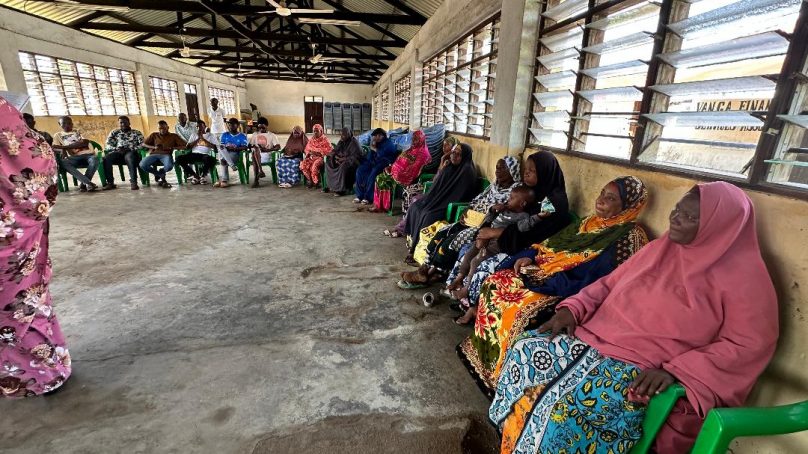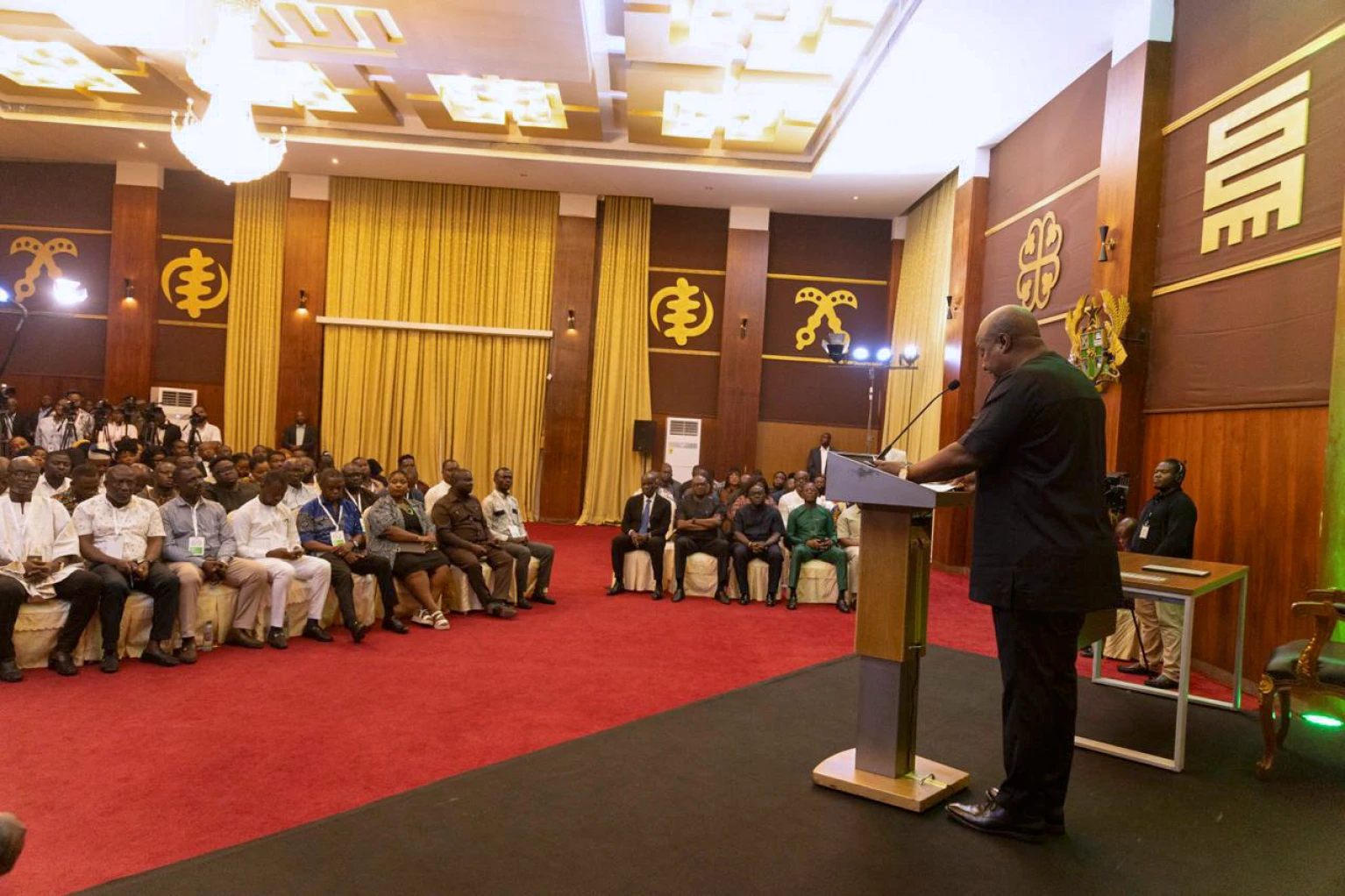
Communities living along the Kenya-Tanzania border in Vanga and Jasini are appealing for peaceful coexistence and improved cross-border relations, saying insecurity, harassment and a lack of proper documentation pose a serious threat to their livelihoods.
The concerns were aired during an inter-community meeting at Vanga Social Hall convened by the Grassroots Women Rights Centre (GWRC) in partnership with WeWorld to promote peaceful coexistence between communities on either side of the border.
Residents said the long-standing socio-economic ties that bind the two border communities are being undermined by incidents of harassment, arbitrary arrests and criminal activities that exploit the porous border.
Fishermen, small-scale traders and boda boda operators said they often face harassment while accessing free border areas. They further complained that cross-border criminals have been using Vanga as a hideout after committing crimes in Tanzania, sometimes aided by relatives on the Kenyan side.
“We want leaders from both Kenya and Tanzania to meet and resolve these issues. Our lives and livelihoods depend on this border and insecurity is hurting us,” one resident Abdallah Robota said.
One of the most pressing challenges raised was the lack of national identity cards among many youths and fishermen. Without proper identification, community members are unable to access services, secure licenses, or prove their nationality when confronted by security agencies.
Acting Chief of Vanga Location Mwinyi Heri assured the community of his commitment to pursuing unity along the common border and urged those aged 18 and above to register for Kenyan identity cards.
“Everyone who wants an identity card should visit the chief’s office for assistance. You only need to come with one parent and the necessary identification documents. Vetting is no longer required,” he explained.
Civil registration official Lazarus Makupe highlighted lack of identification documents as a persistent issue, stressing that proper documentation is key for accessing services and protection.
Fishing is the mainstay of the local economy but frequent arrests of Kenyan fishermen in Tanzanian waters remain a source of friction.
County Fisheries Officer Ishmael Ong’era clarified that arrests only occur when Kenyan fishermen go beyond the official borderline. He stressed the importance of communication and licensing.
“If you are caught in marine protected areas and you have a licence, just call us at the fisheries department and we will handle the matter. A licence is your proof of right and protection,” he said.
He also criticised the reluctance of some fishermen to report incidents promptly.
“There is this tendency where, when one is caught in the wrong, they don’t register the issue until it escalates. That makes it difficult to intervene effectively”.
He added that the fisheries department has in the past facilitated the release of several fishermen after engaging Tanzanian authorities.
Residents expressed concerns over rising insecurity, with Ahmed Omar, a local, noting that “some people have been disturbing the peace here,” and urging security forces to restore order.
Meanwhile, local youth called for access to technology-based training and empowerment programmes to open opportunities beyond fishing and inter-border trade.
They said such initiatives would not only reduce unemployment but also steer young people away from involvement in crime.
GWRC Director Mwanatumu Kadau appealed to the border communities committee to listen to the people and provide feedback on the actions taken.
“Community engagement and accountability from government agencies are key to building confidence and cooperation. Without feedback, trust is lost,” she pointed out.
The meeting concluded with a consensus that closer collaboration between Kenya and Tanzania, alongside stronger communication between communities and authorities, is necessary to restore trust, protect livelihoods and ensure peaceful coexistence along the border.
- A Tell Media / KNA report / By Chari Suche







